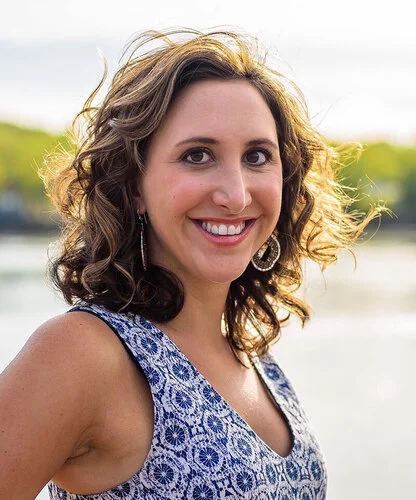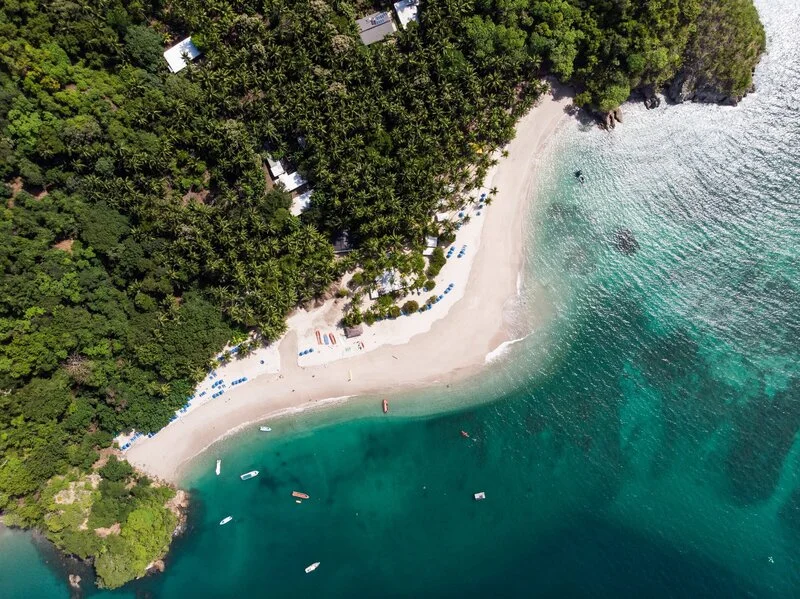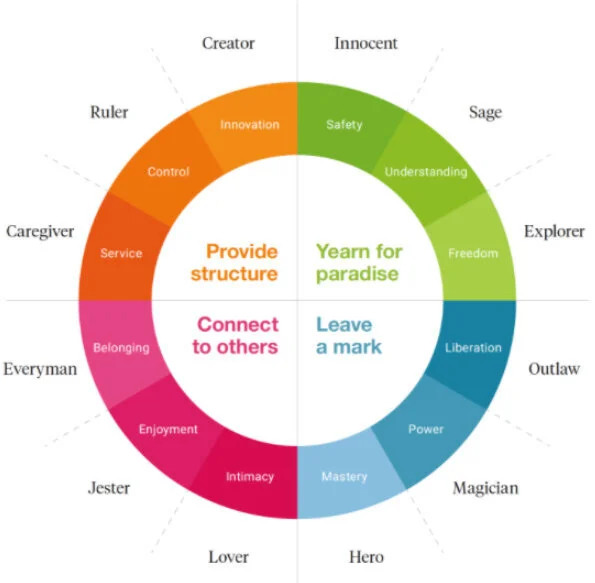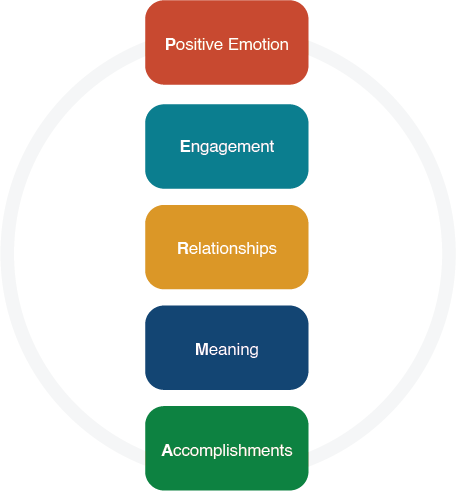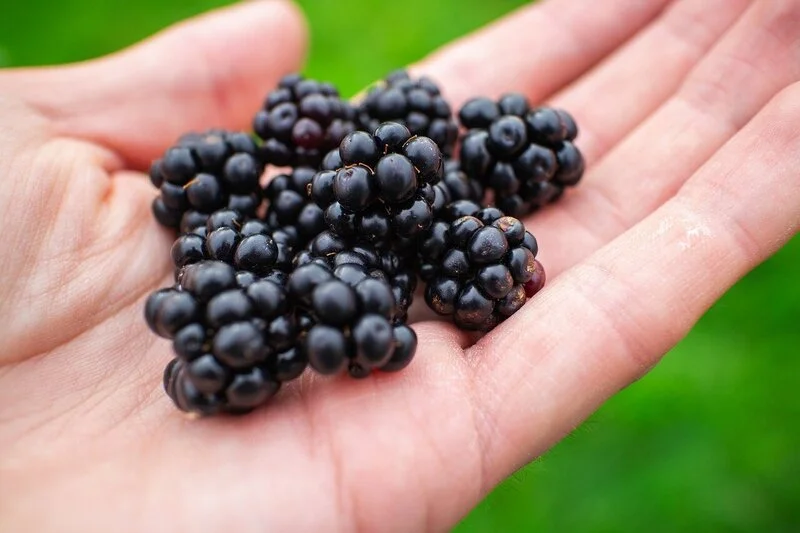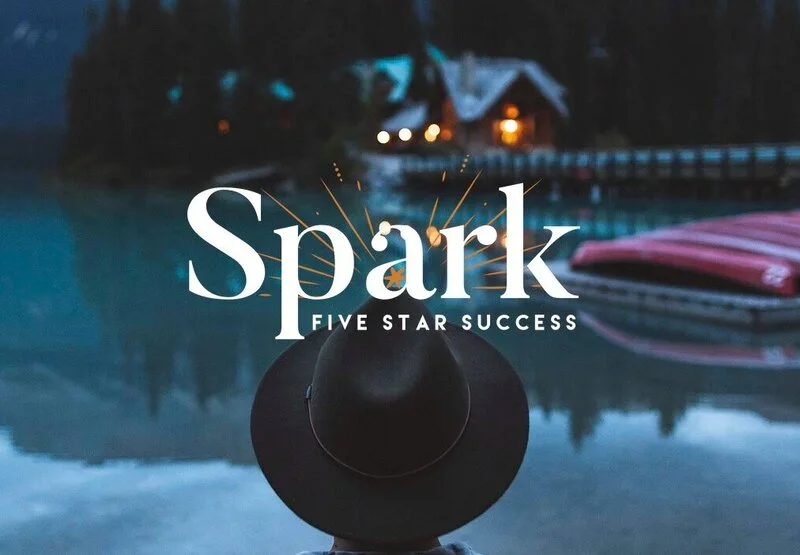Our sweet spot is the smaller boutique hotel or Inn. But I haven't limited myself as we have worked with hospitality professionals from so many different niches. I've absolutely loved working with multi-concept hospitality companies. For example, I love working with destination restaurants; restaurants that aren't just a place to go to eat. One that I've worked with recently was a restaurant, brewery, and distillery and so you could spend all day there. I love working with Vineyards too so our customers can be accommodation providers, restaurants or anywhere in between.
I don't like to limit myself because the work I do is pretty specific. I know that the work I do isn't going to resonate with everyone. Many properties might say they care about wellness or well-being, but not every property is going to have the desire to take action on it. So the more I can open myself up to different kinds of businesses the more opportunities I'll have. My vision is to make destinations meaningful and transformational for your valued guests. If I only focused on hotels, I would be missing what a destination entails.
As a marketer, for me, character is irreplaceable. When I think of B&Bs, I think they need the most help because their hands are full. They are doing so much already, which makes it hard to create messaging that resonates with guests. The smallest property that I would work with, though, is probably three or four rooms. B&Bs have so much opportunity to differentiate themselves and elevate the customer experience.
Sense of place and blending into the culture is so important - you want to have that cultural feel. But if that is all you do, you can't separate yourself from your competitors. If all your competition is going out with the same mind set of, "how can we provide the ultimate Maine experience?" for example, then you can take all the properties, put them in a hat and draw one with the same personality as the next one.
I often find myself asking, how can we integrate the local culture really well, but also come up with a distinct personality for the property so that when people say your name it stands out. That's what I'm passionate about and it all goes back to positioning.

